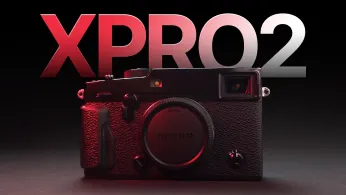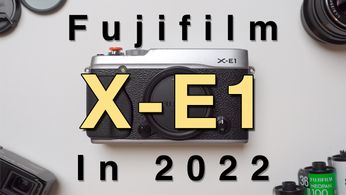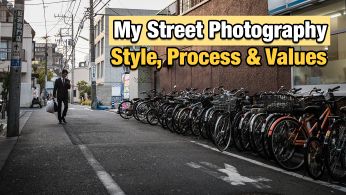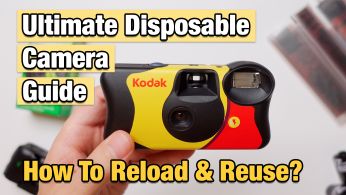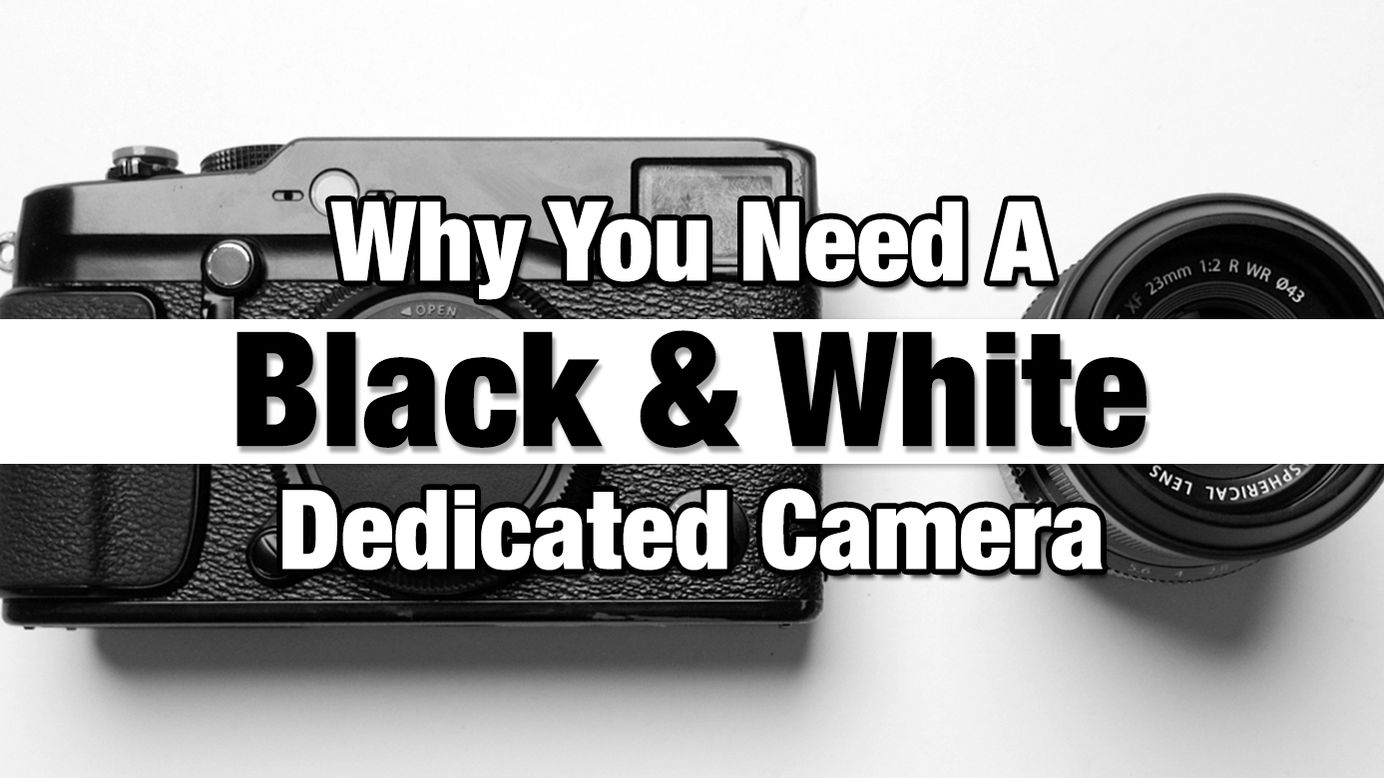
Why You Need A Black & White Dedicated Camera
With black & white, the distractions of colour are removed and then light and shadows are all that remain.
Table of Contents
For the most part, I think most people have tried shooting black & white photographs, at least once.
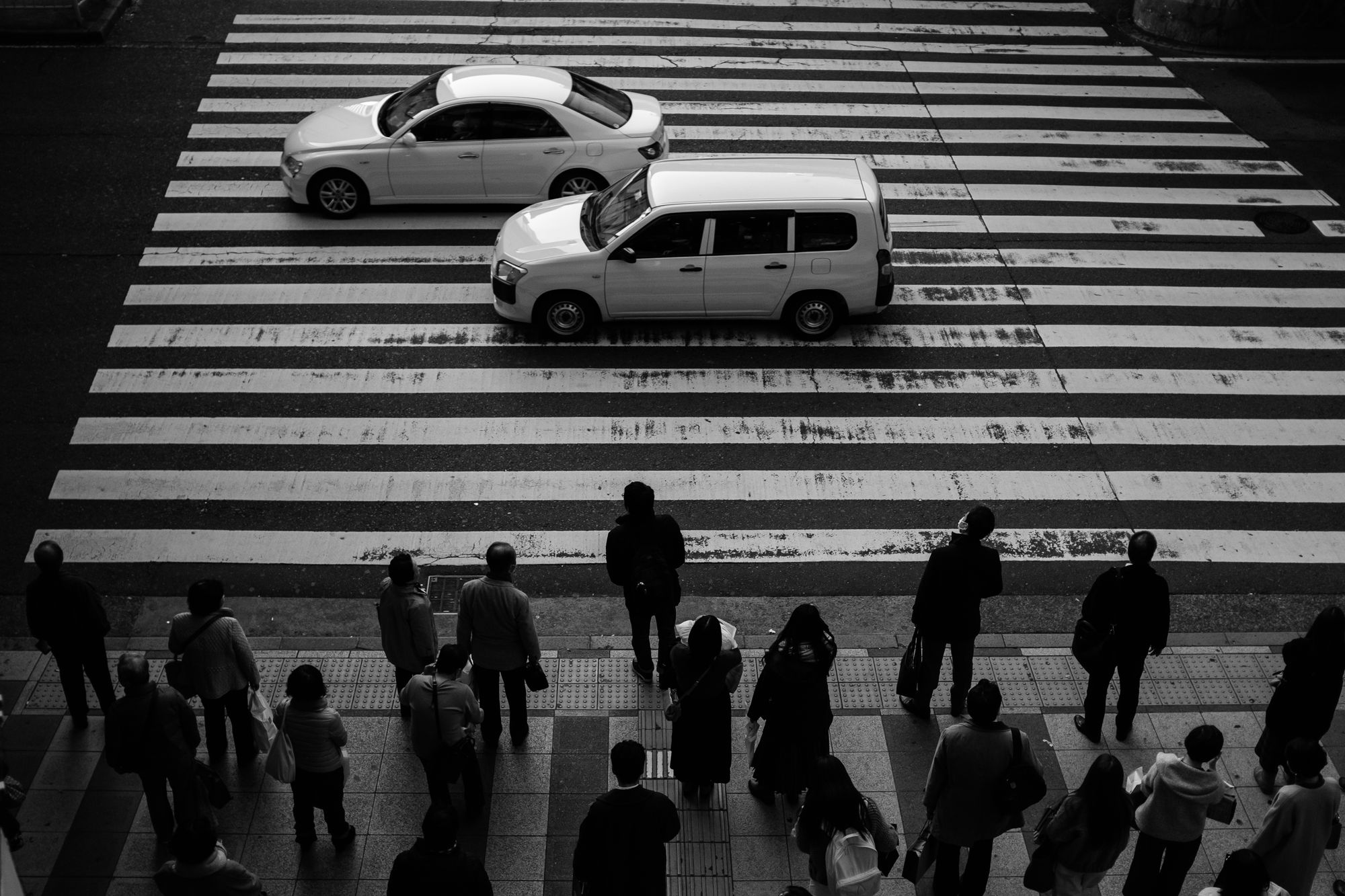
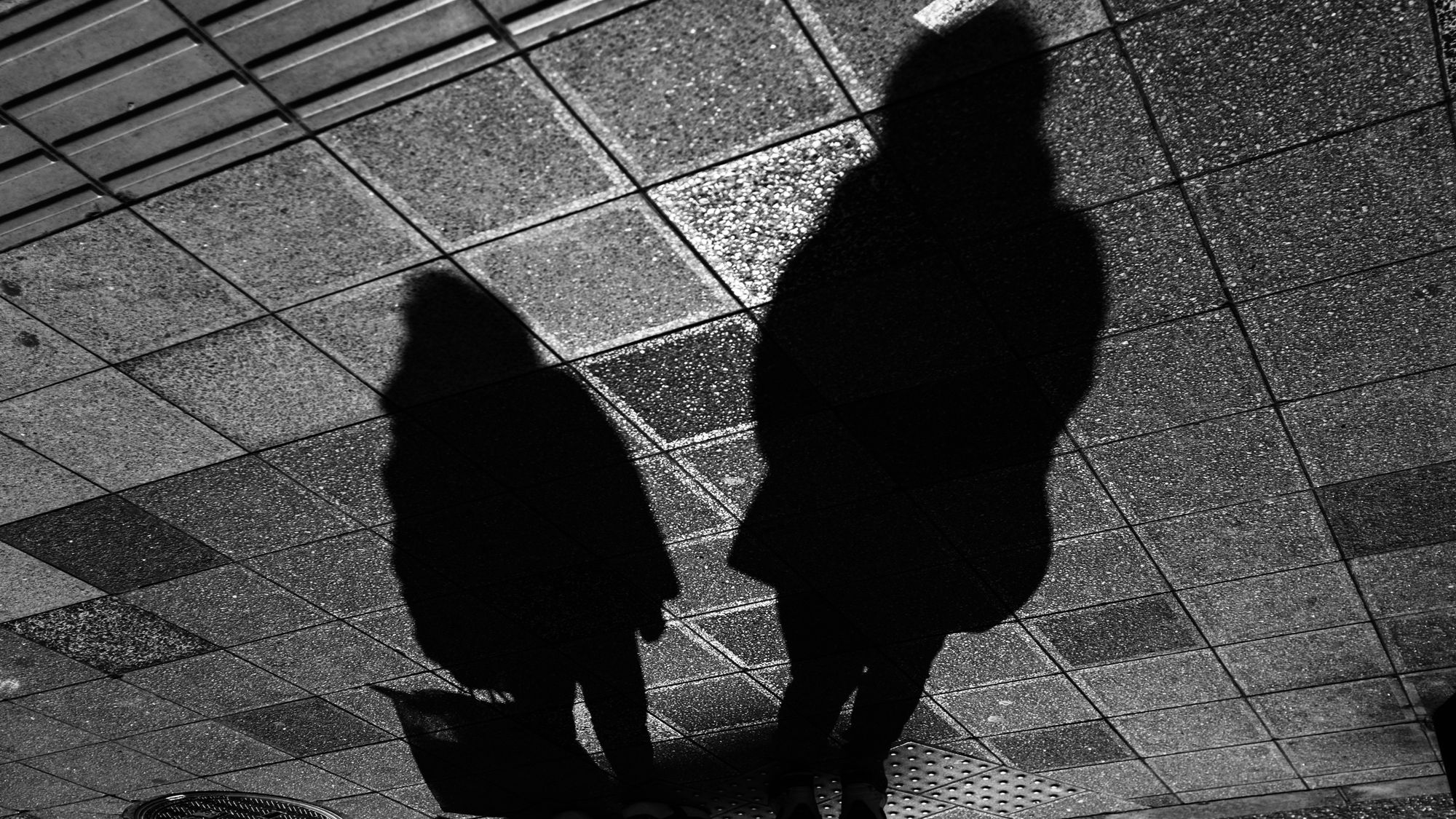
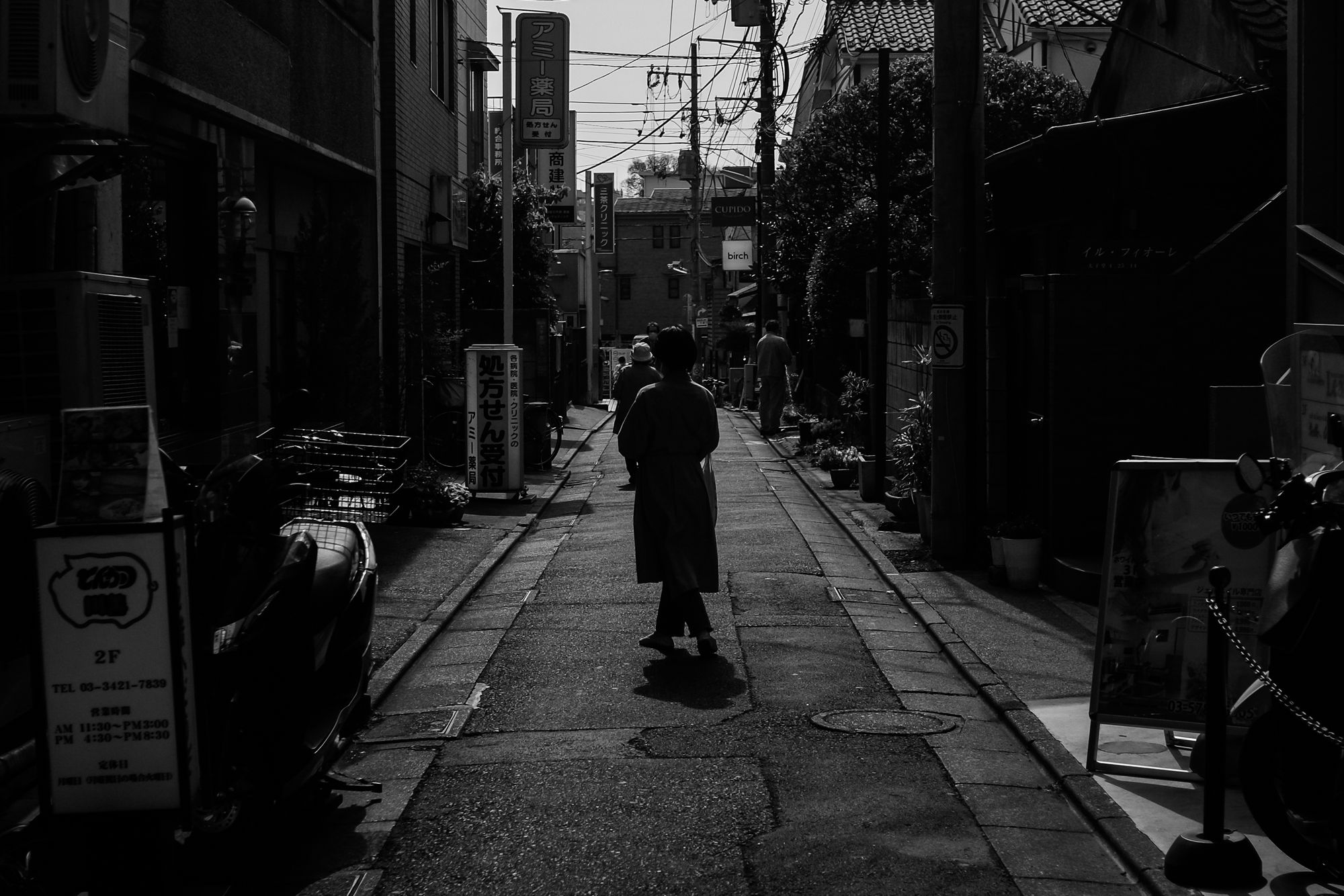
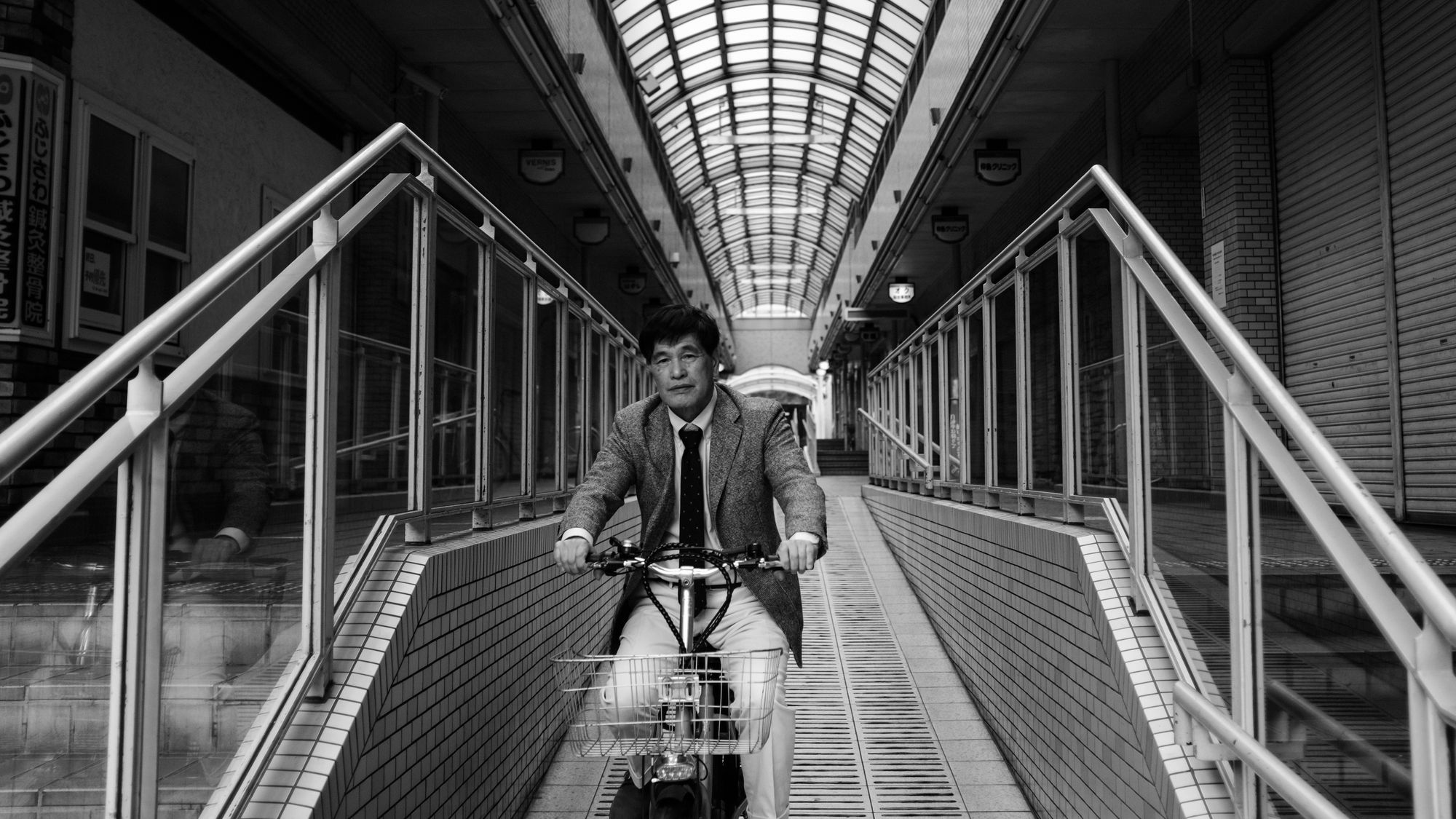
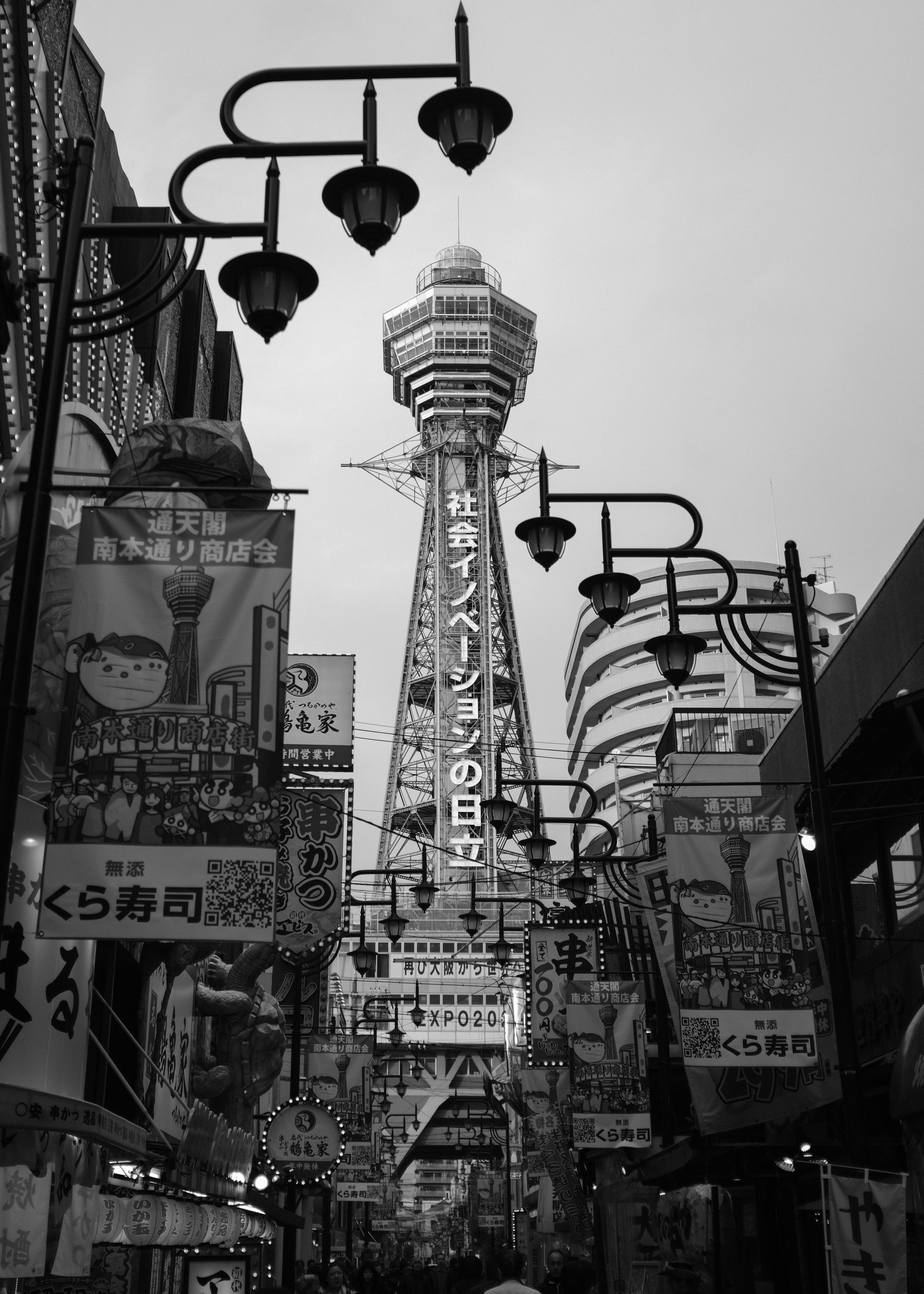
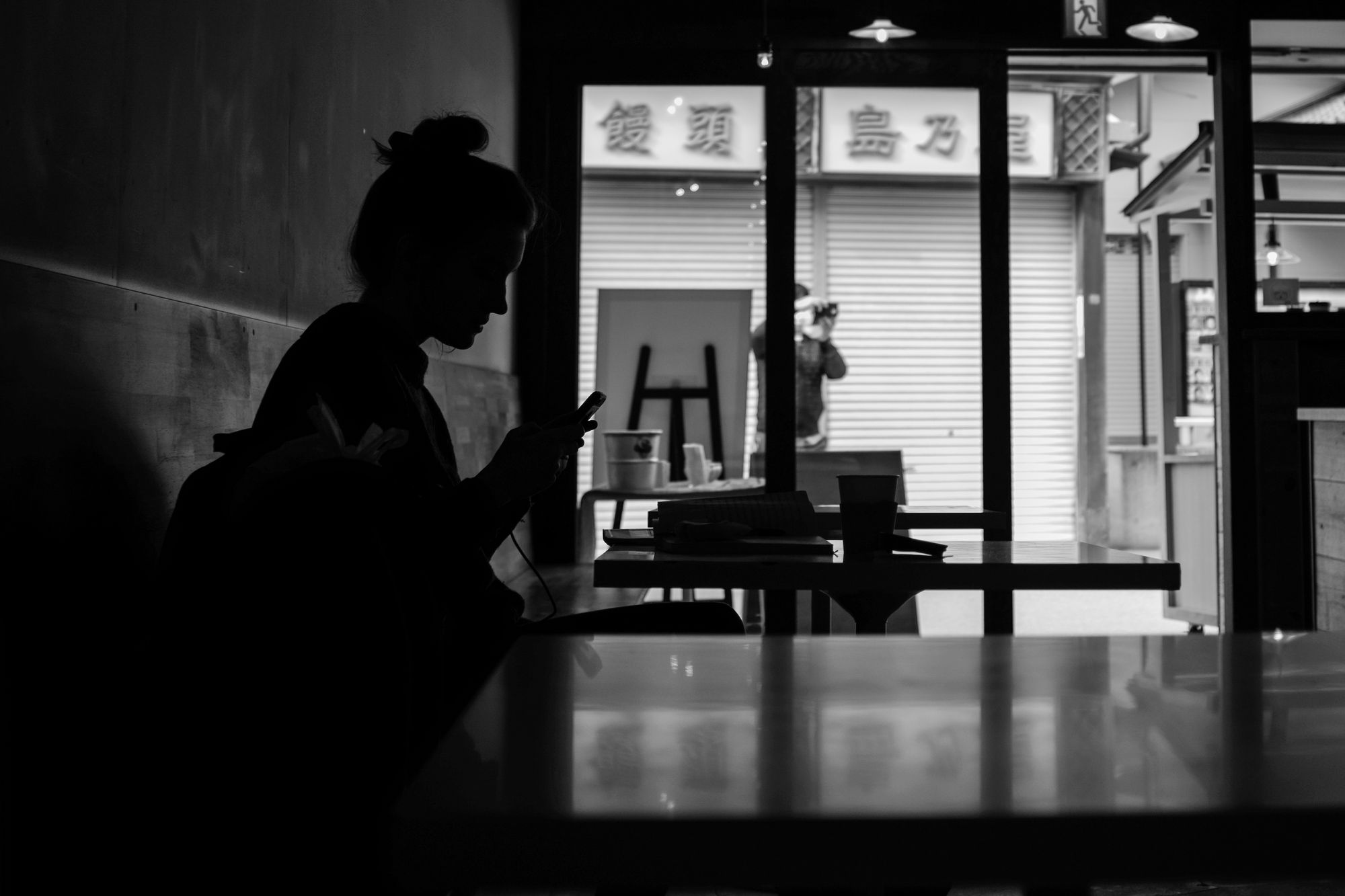
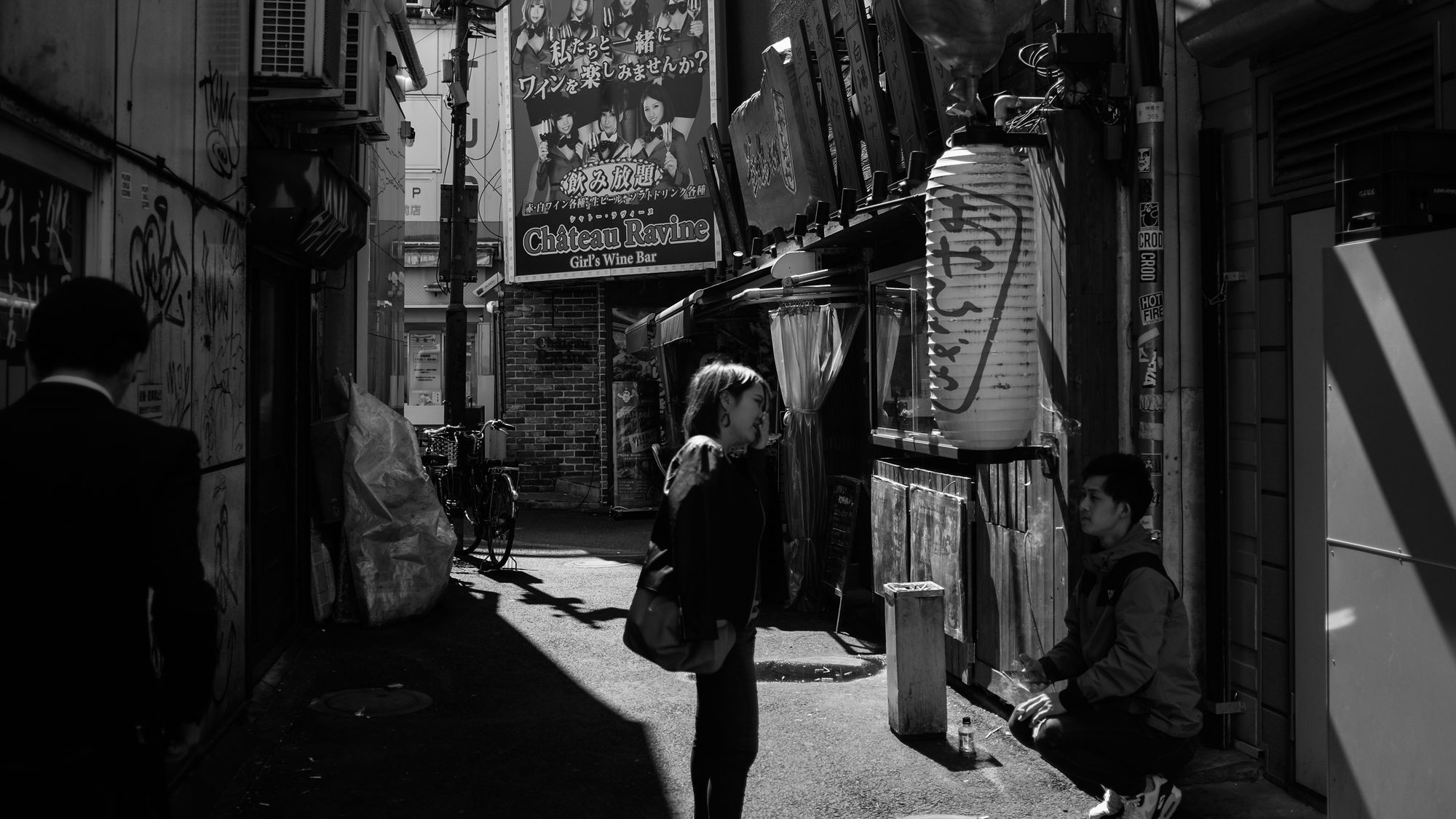
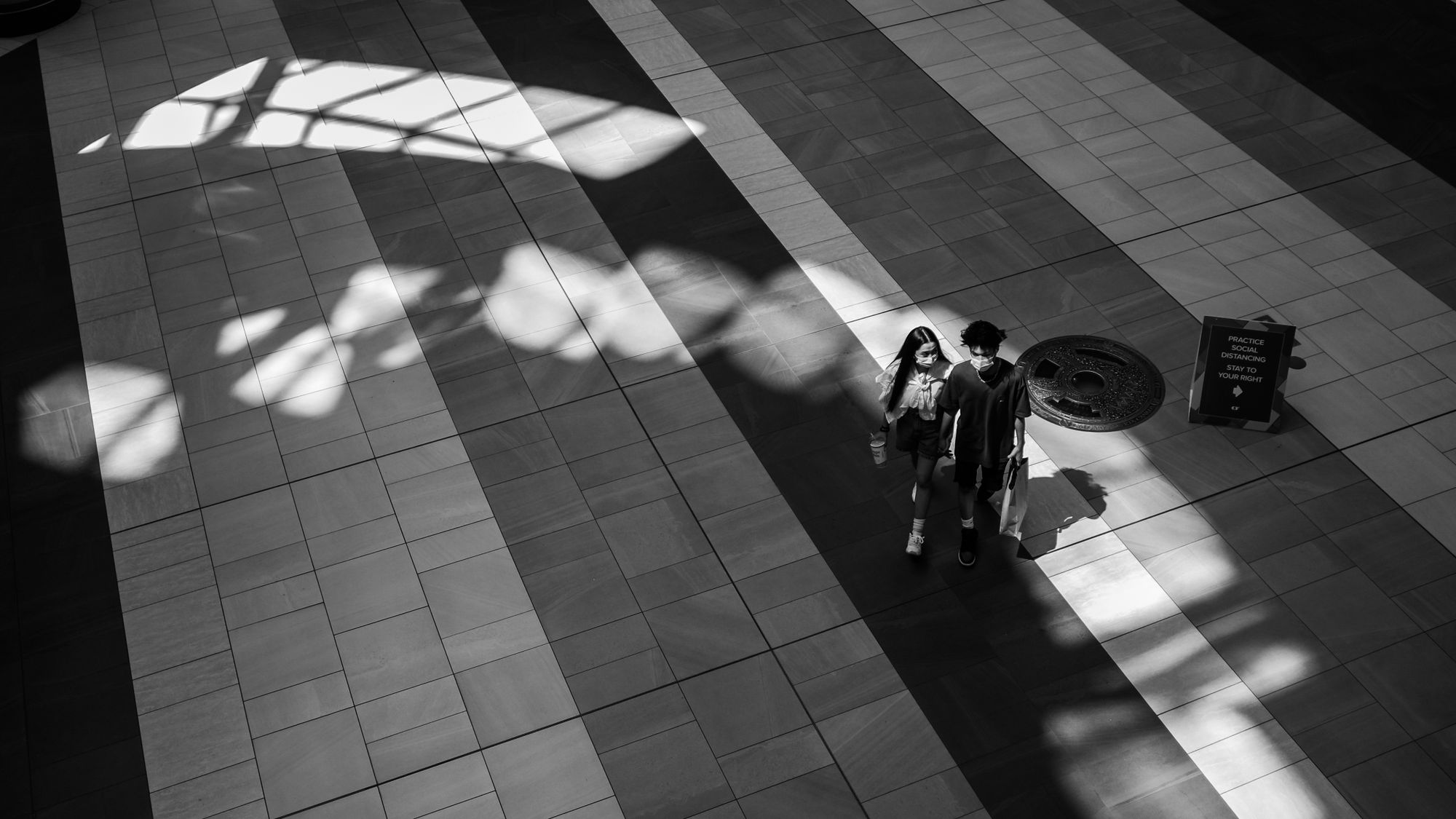
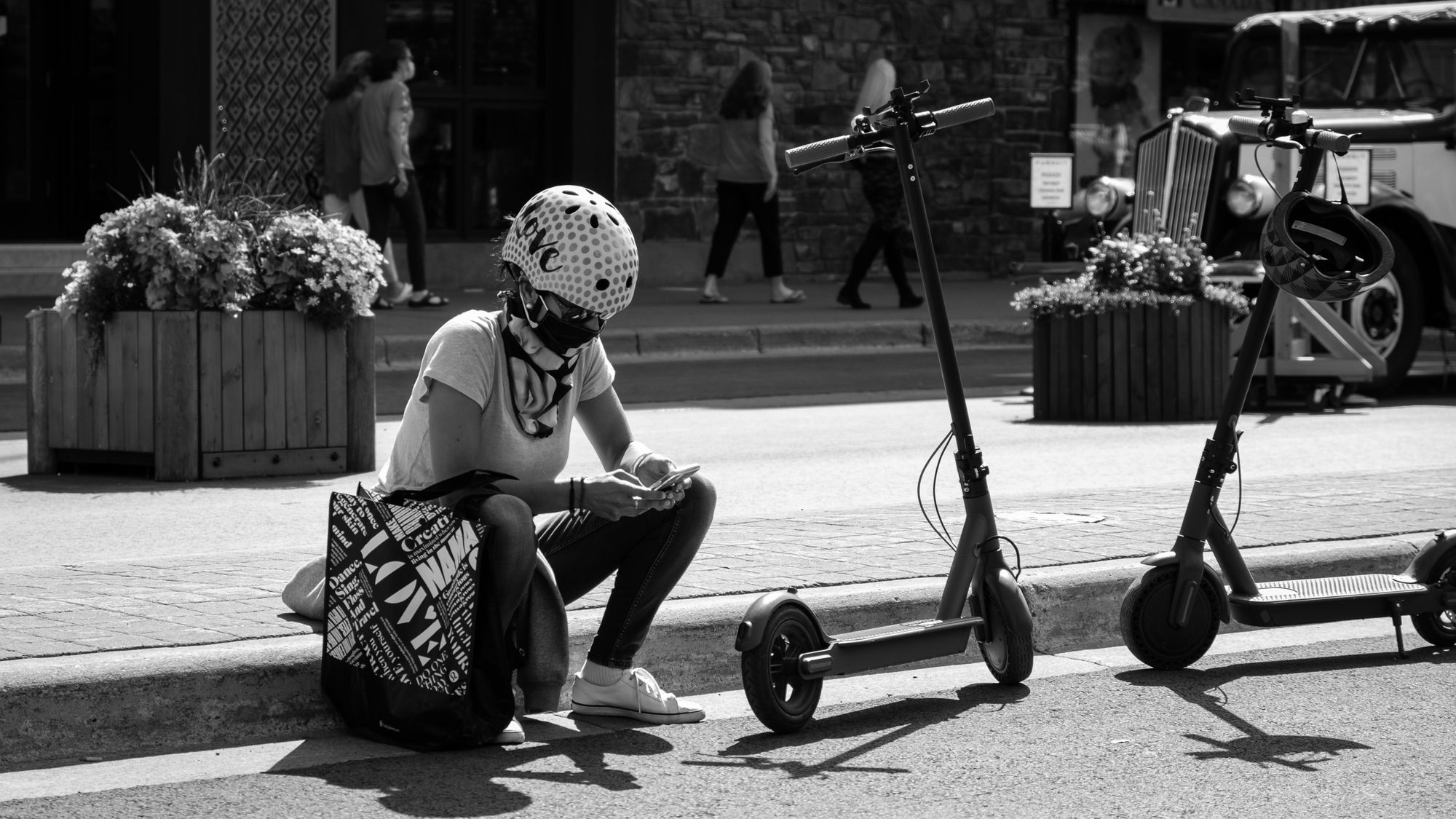
However, I think that everyone should have a dedicated black-and-white camera. For some, that's owning something like a Leica monochrome camera
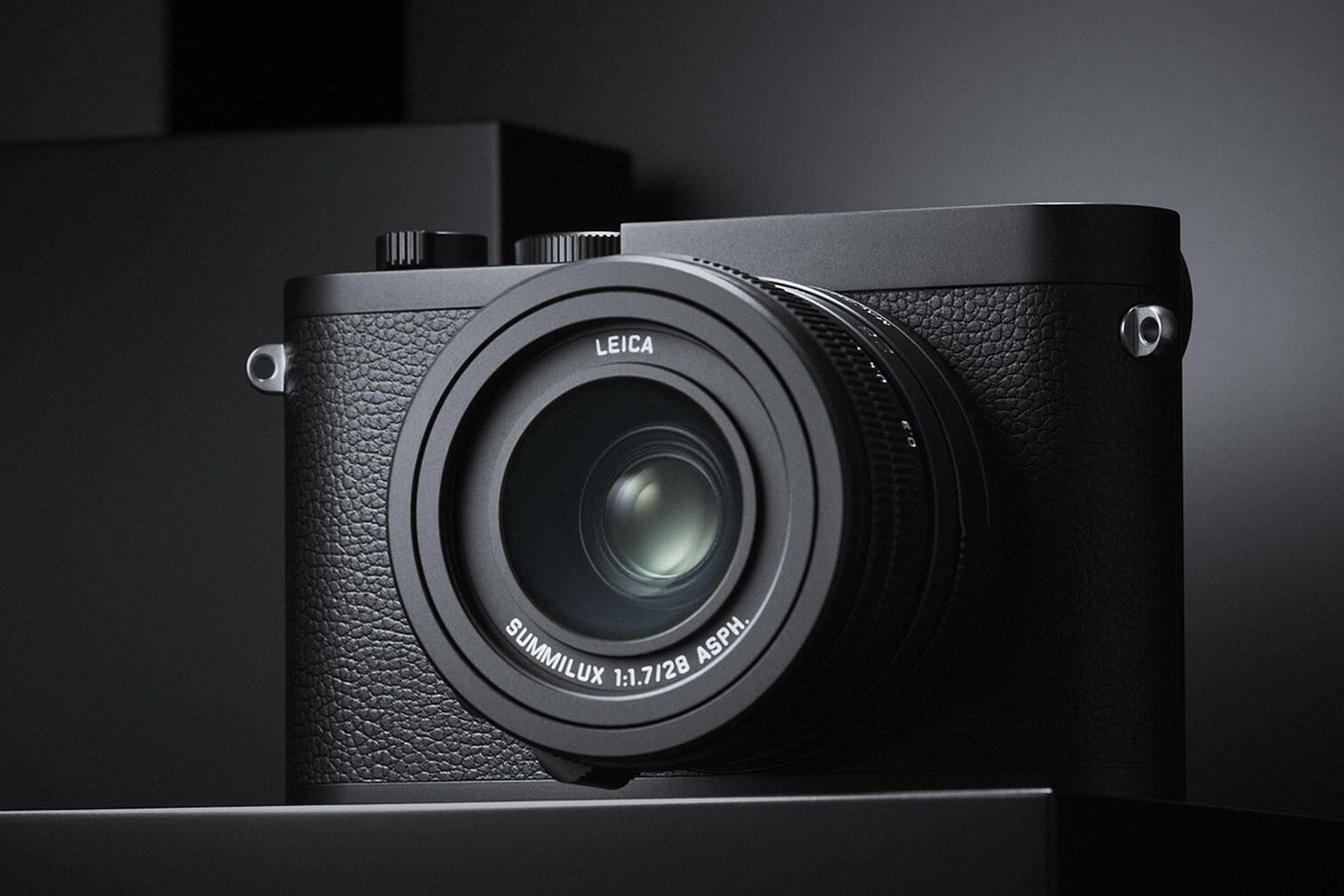
For others with a more realistic approach and budget, it's owning a used and older second camera that you can set as black & white.
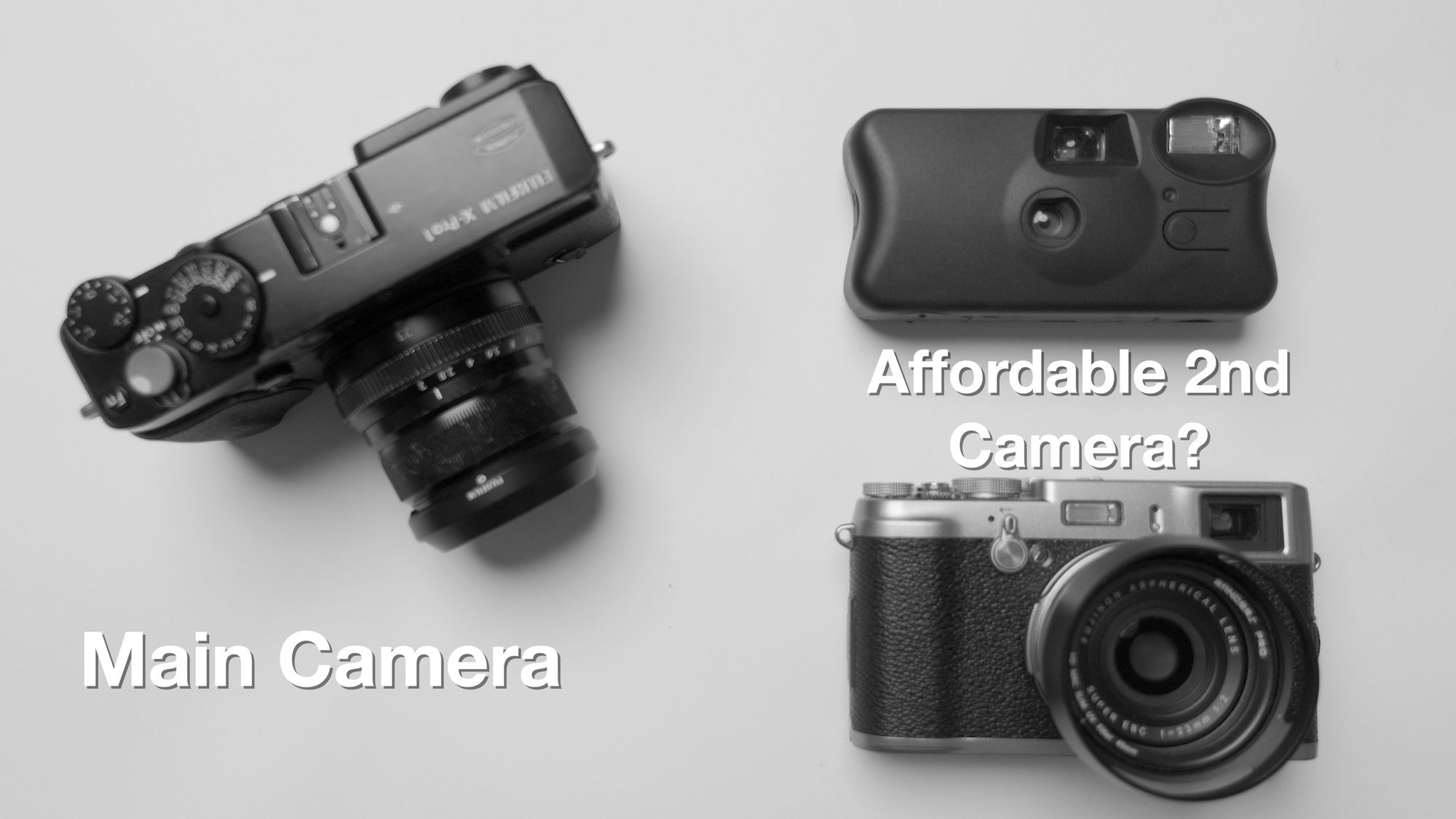
And for others, is just setting the only camera that they have or can afford to black & white and just commit for an entire shooting session or day.
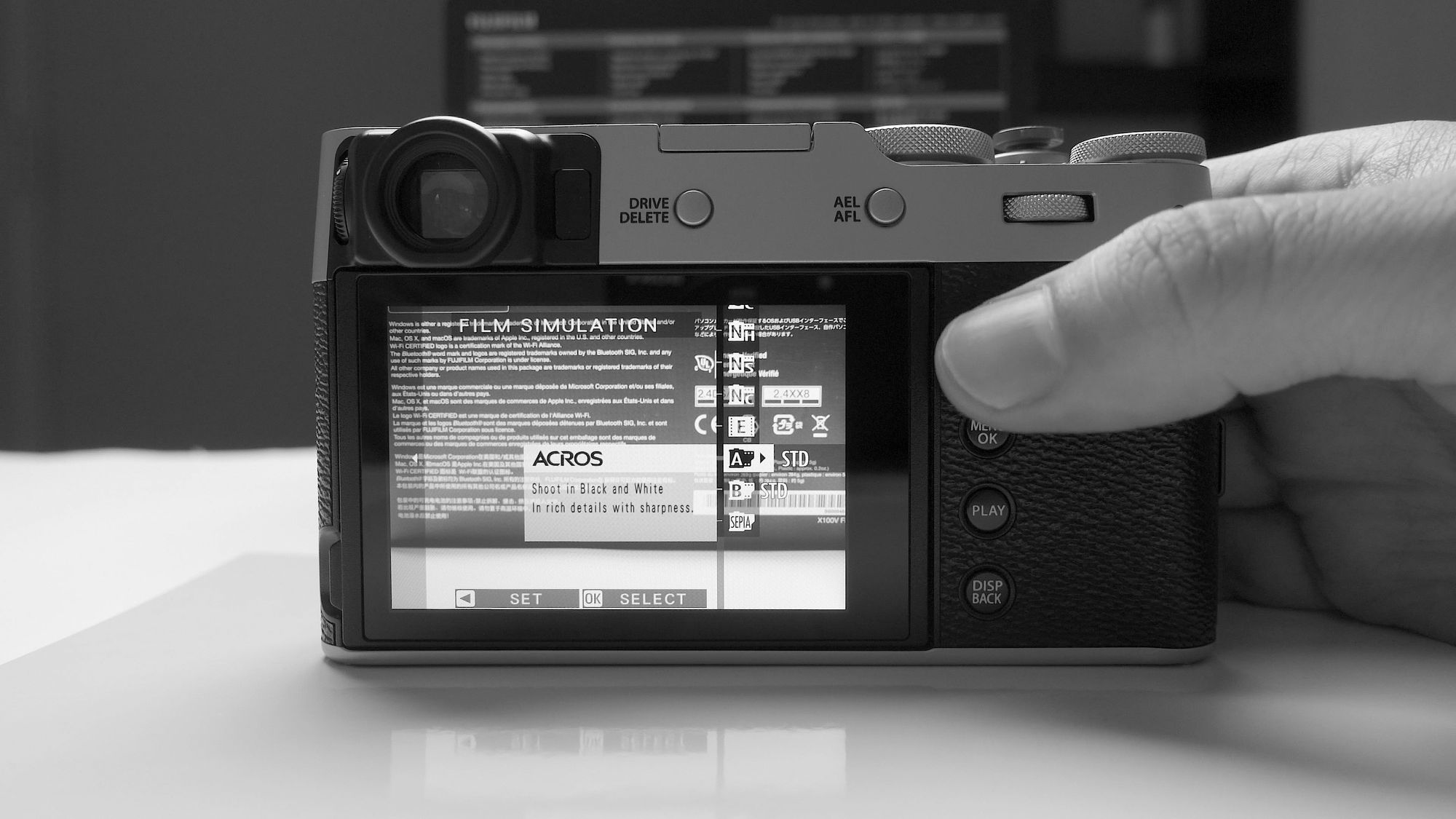
Regardless of where you stand, and which one of those methods applies to you, shooting in black & white can truly alter your perspective, and improve your view of your craft as well.
Focus On What Inspires You & Speaks To You
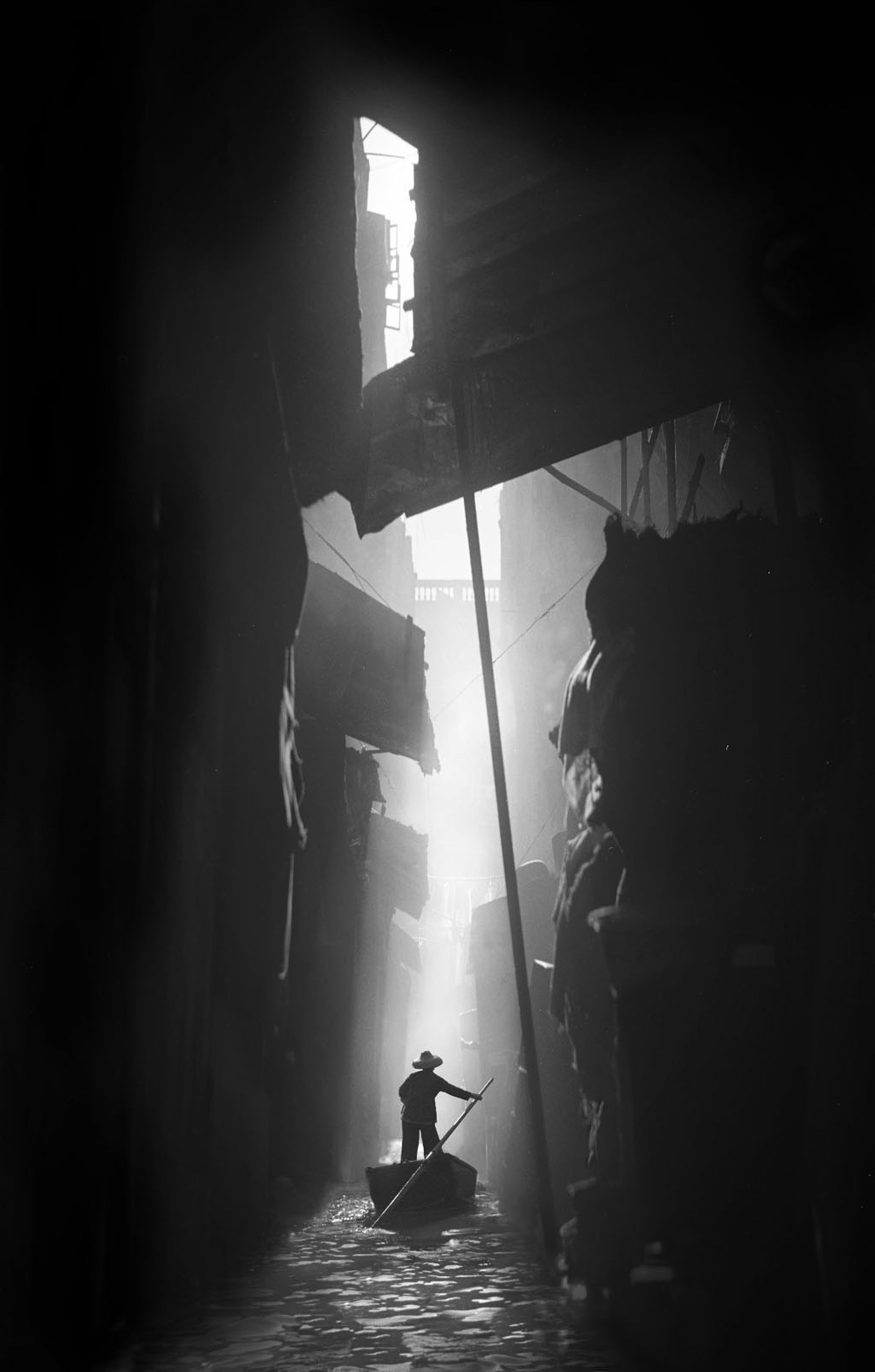
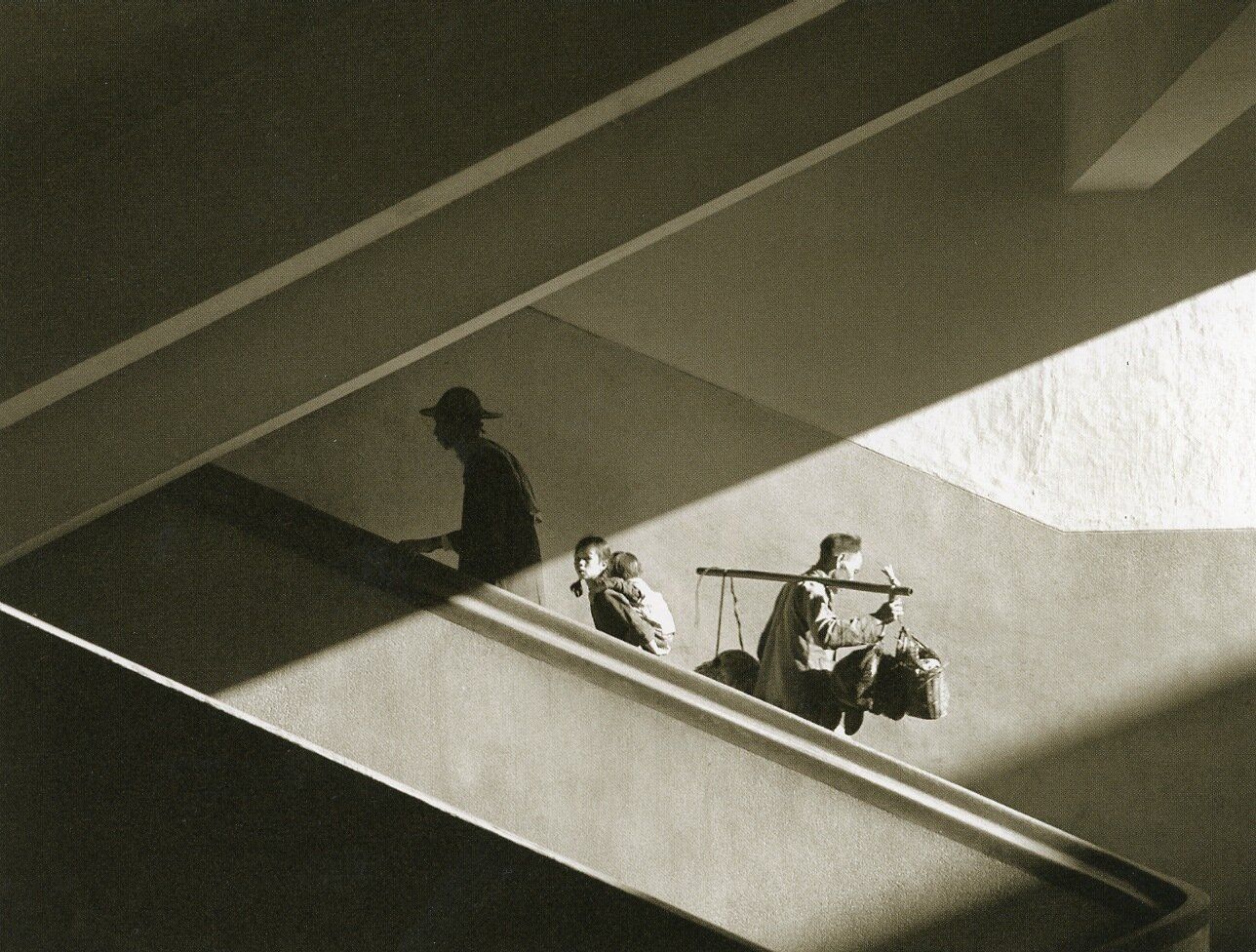
Setting your camera to B&W, or shooting with a B&W sensor camera does not make it automatically suitable for every type of photography.
Your B&W journey starts long before you use the camera. You need to do some self-exploration and see what works, and what speaks for you, B&W does not automatically fit every photography style, it's not a filter that you can just apply to your images and they're instantly better.
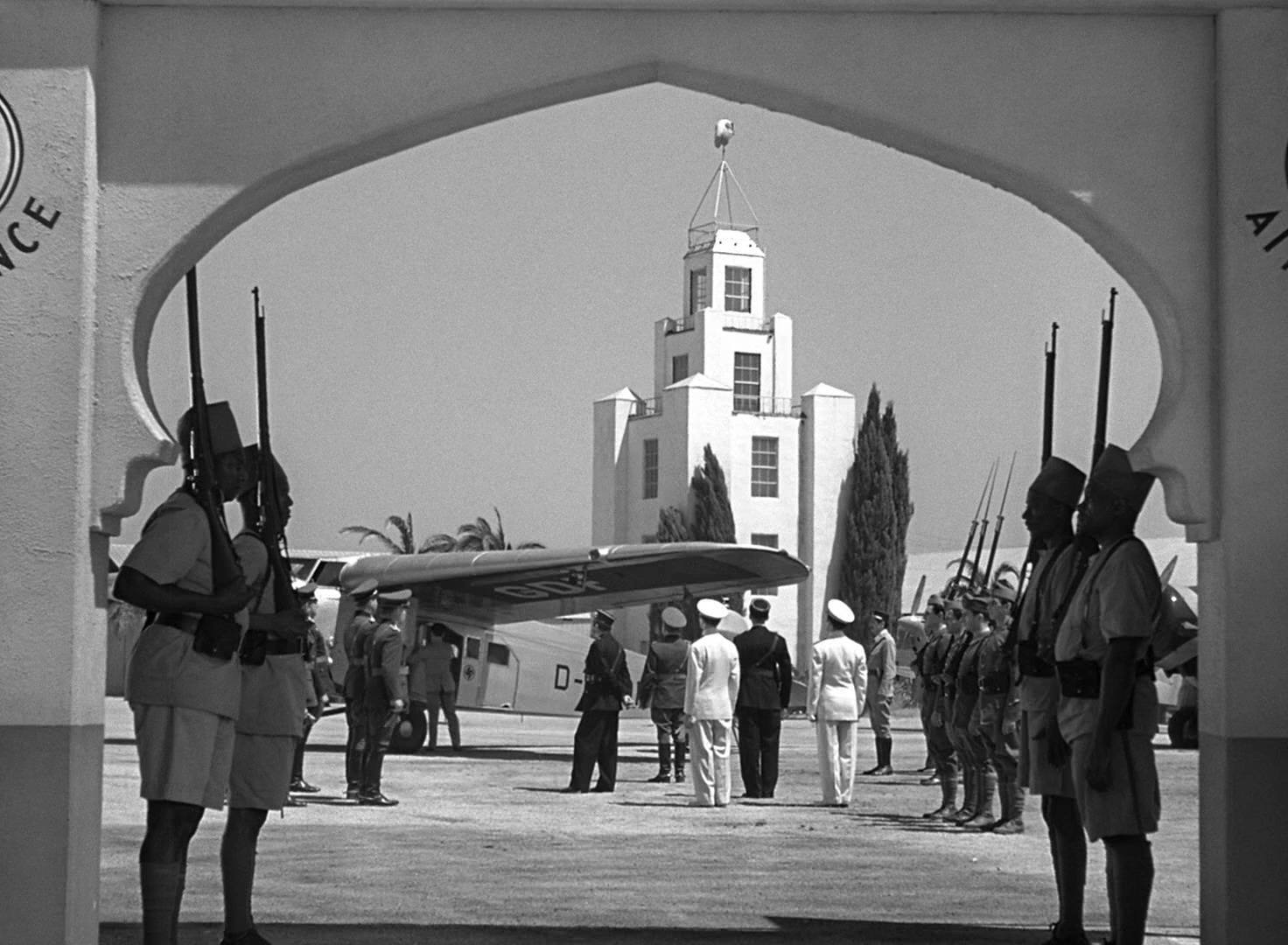
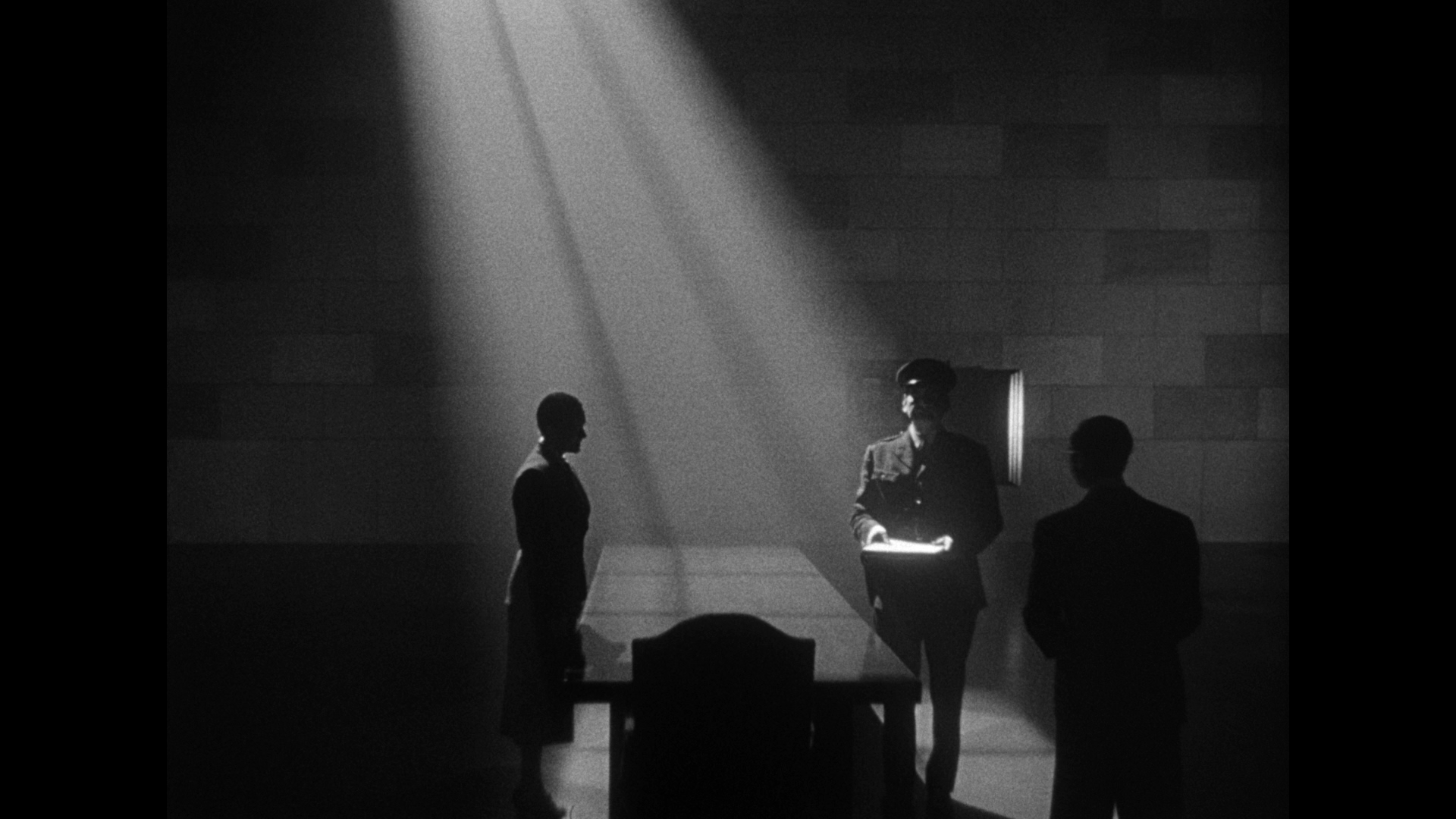
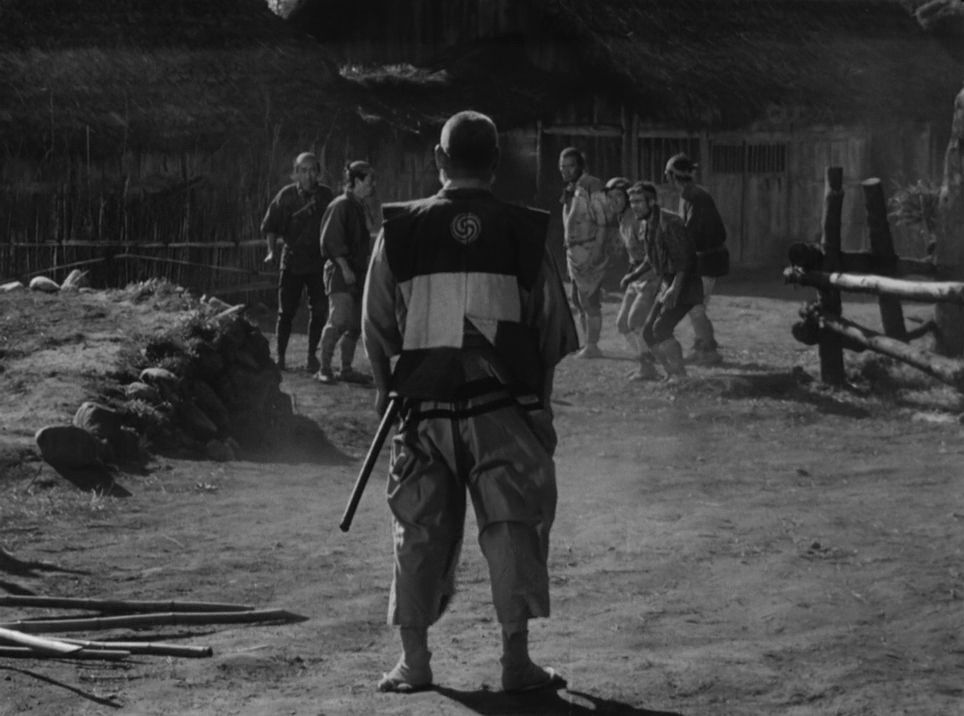
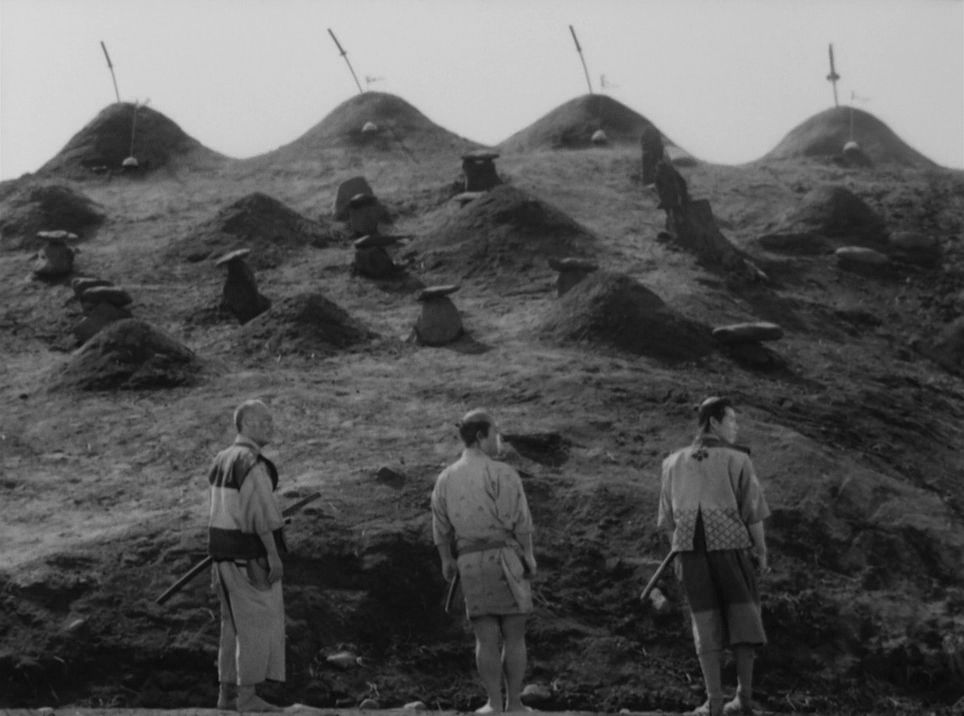
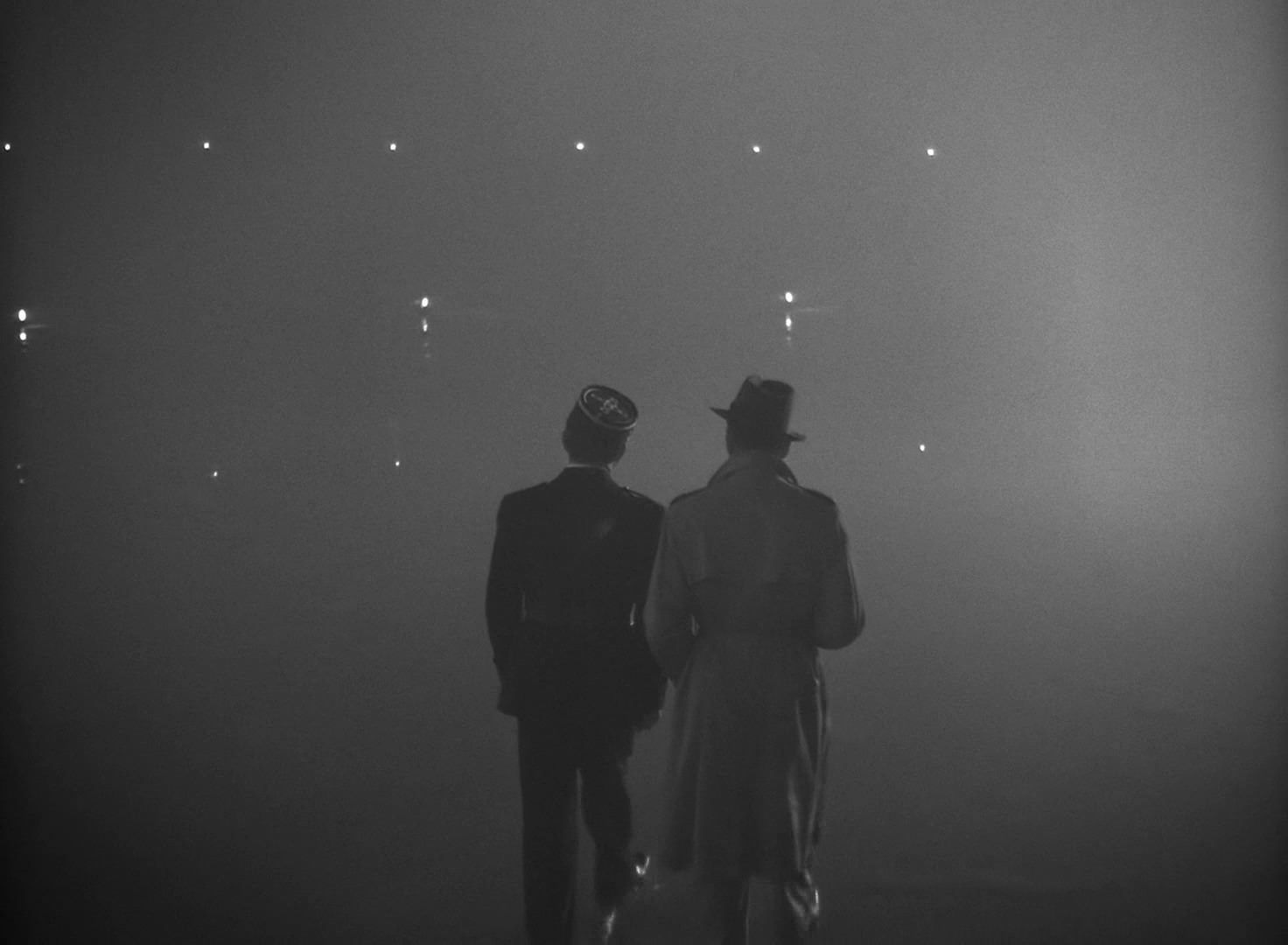
Before you take photos, take a moment to think about what speaks to you, what is it that you are trying to achieve? what moves you? I can guarantee that once you do figure out what speaks to you, then you will immediately understand why dragging and dropping a B&W filter later in post-production without intentionality is NOT the way to go.
B&W Changes Your Approach To Photography
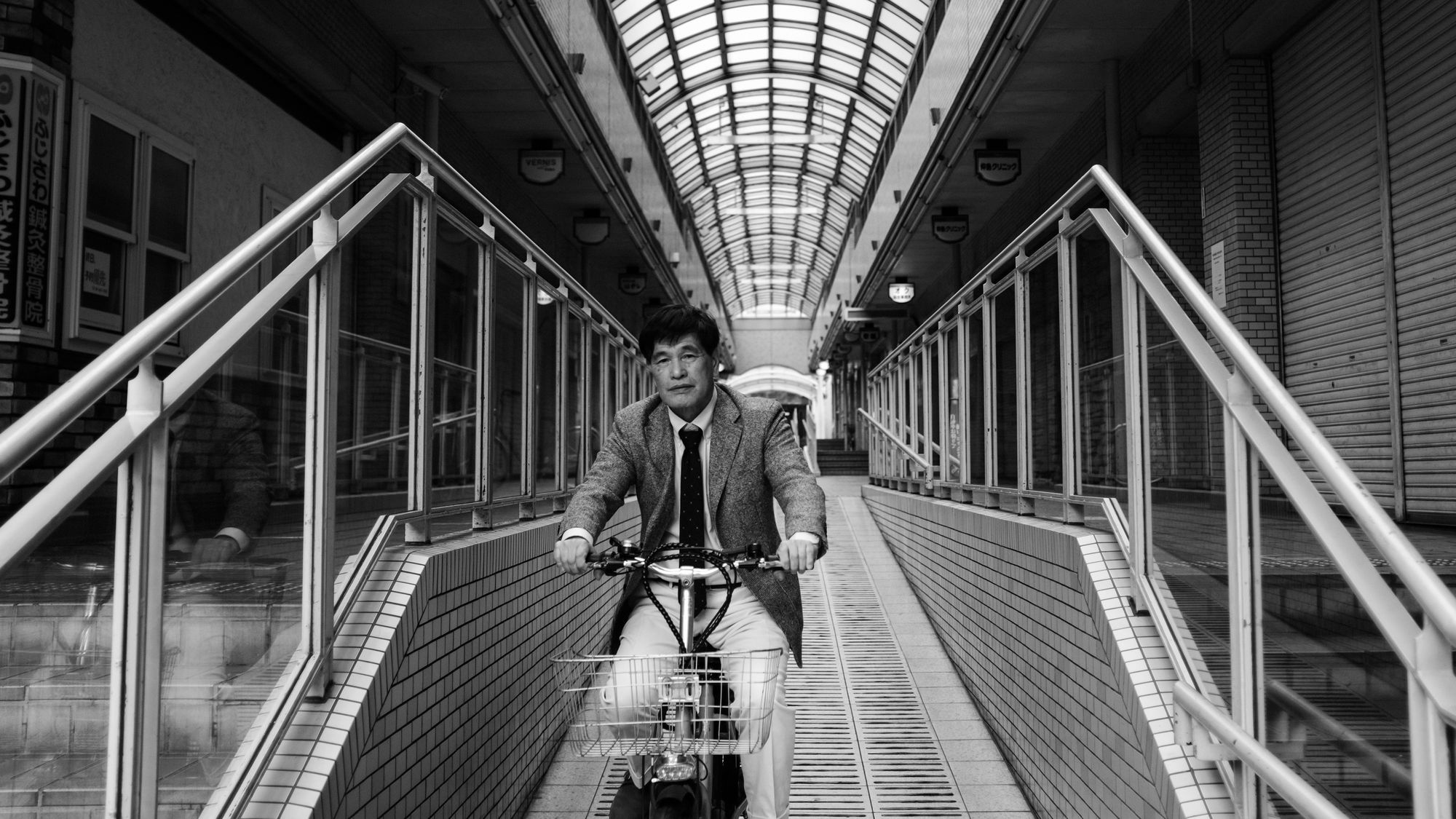
It's interesting to see how my approach changes with B&W. When I shoot B&W, the distractions of colour are removed, and then light and shadows are all that remain. It doesn't feel like I'm documenting everyday life, but more like capturing a moment in time if that makes sense.
Composition has always been extremely important to me, but with shooting B&W, composition somehow becomes even more important. Light, shadows and composition are the things that I'm thinking about when shooting.
Suggestions for shooting in B&W
Like everything in life, the more you do something, the better you get at it. So there are a couple of recommendations for people that feel a little uncomfortable with committing to a B&W profile, or even a B&W sensor.
- Shoot both Raw and JPEG. But treat your jpeg as the main file. Make sure that you're previewing in B&W, and exposing for JPEG, even if you have the raw file later.
- Commit to B&W for the entire day. Don't go out there, take a couple of B&W images, feel like you got it, and then switch back to colour.
My Custom B&W Film Simulation
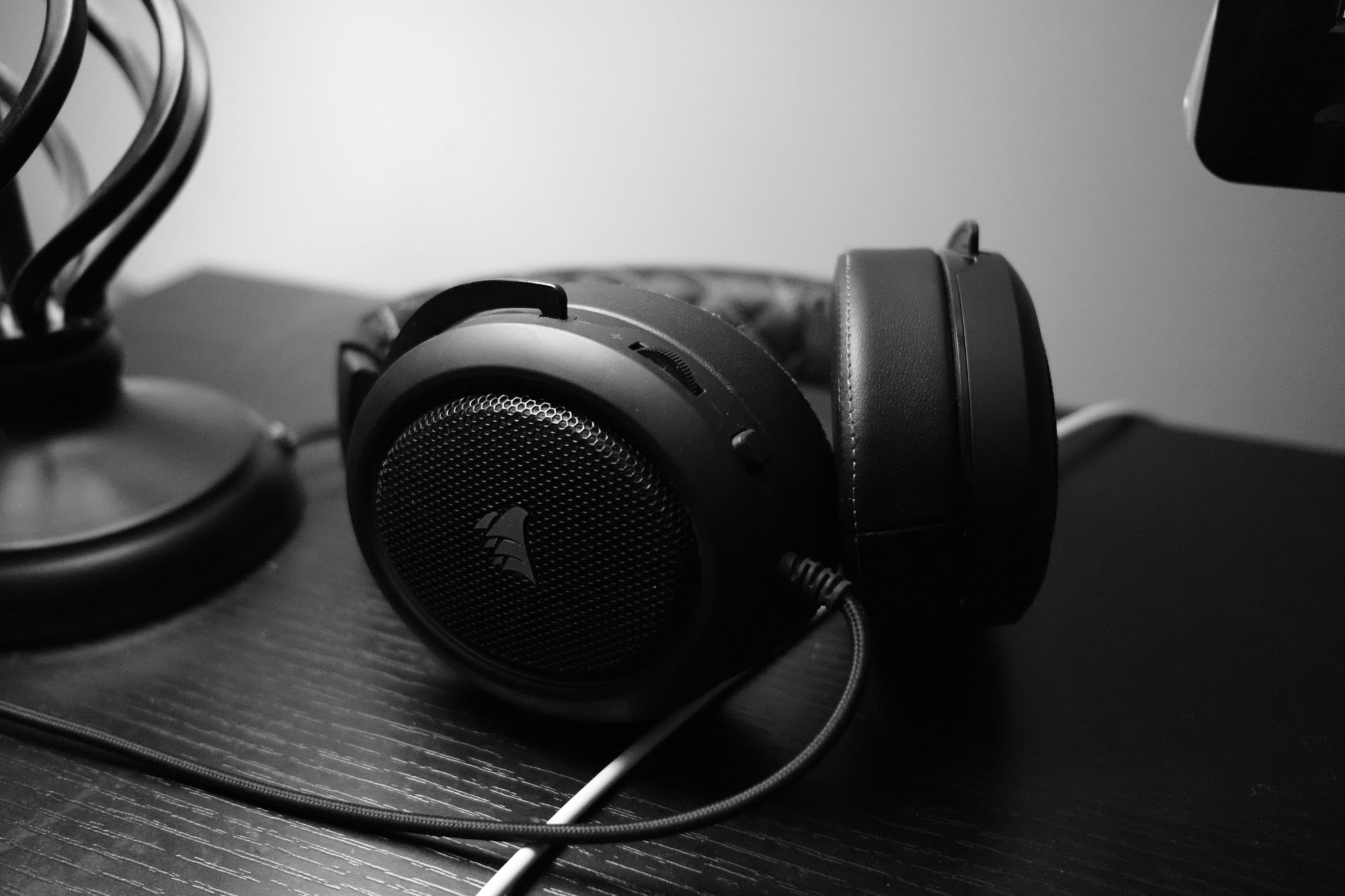
I've been playing with custom settings to get a nice and pleasing B&W profile that resembles the ACROS simulation. Created mainly with the 1st gen X-trans sensors in mind.
- Film Simulation: Monochrome
- ISO: Manual or Auto. Up to you
- Dynamic Range: 100
- White Balance: N/A (Auto is fine)
- Colour: N/A
- Sharpness: -1 (-1 IF you plan to edit the photos and add sharpening in post if you do not plan to edit them then leave it at 0)
- Highlight Tone: +2
- Shadow Tone: +2
- Noise Reduction: -2 (It’s always recommended to set it to -2, ideally you could add a little noise reduction in post, but even if you don’t plan to edit the images, still set it to -2)
More about black and white and custom simulation recipes here:
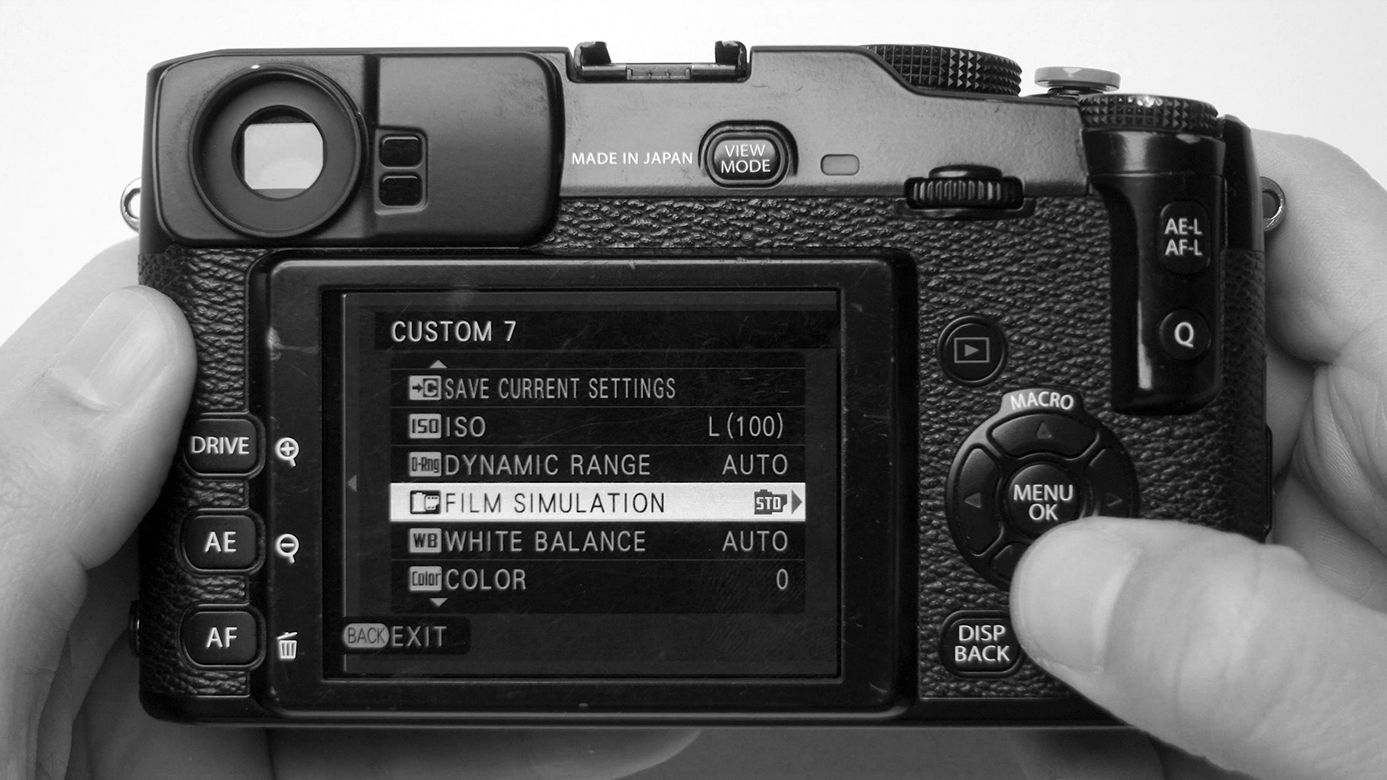
Black & White Is Just One Of Many Aspects Of Photography
Last but not least, I'd like to say that B&W does not have to be everything to you, it does not have to be your main process, it can very well just be a complementary aspect of your photography.
Don't stress yourself or force yourself to shoot B&W if you don't enjoy it, it's all good, you're supposed to enjoy photography, not be stressed by it.
YouTube Video
This is a summary of my YouTube Video, you can watch the whole piece linked here:






